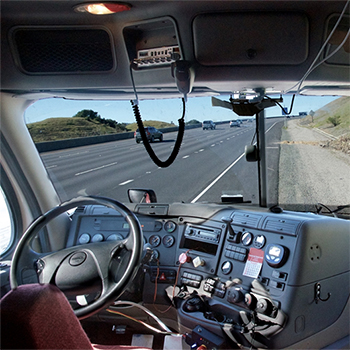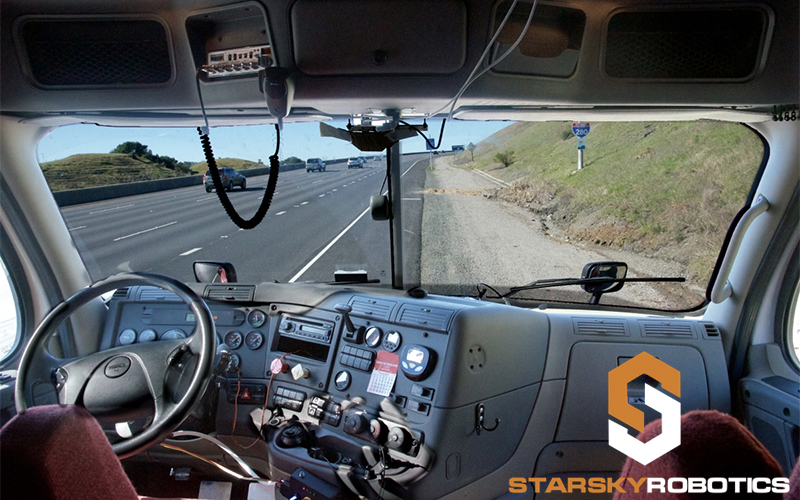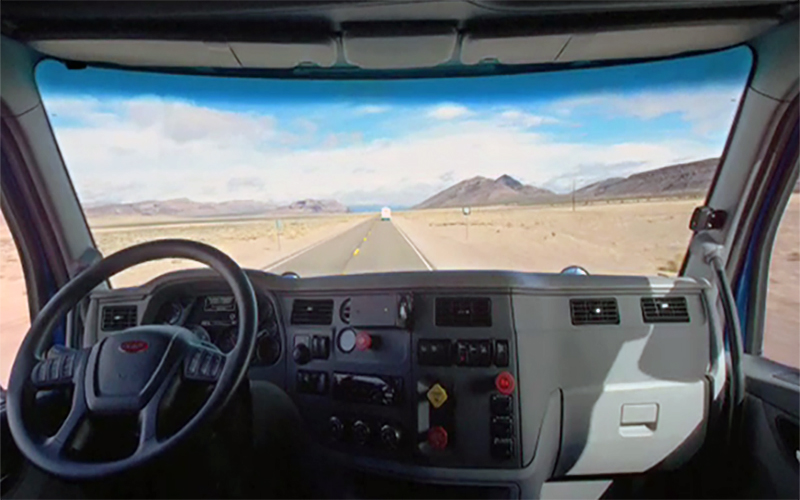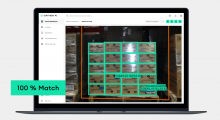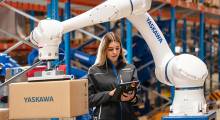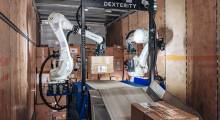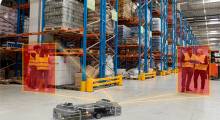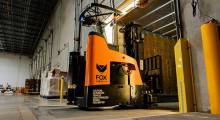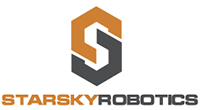California-based Starsky Robotics has a solution to on- and off-highway deliveries by self-driving trucks, including the “last mile” issue for how a driverless vehicle will deliver cargo at its final destination.
In an interview, Starsky founder and Chief Executive Stefan Seltz-Axmacher said the company's goal is to employ robotics, sensors and software to “make trucks completely driverless.”
The trucking industry is keenly following efforts to automate various aspects of big trucks, in part to address highway safety concerns as well as the growing shortage of skilled drivers.
As with self-driving cars, federal and state regulators have not finalized new rules covering self-driving trucks.
Other startups, while developing similar self-driving systems, have said they plan to keep a “safety” driver in the vehicle, even when in autonomous driving mode.
“Our remote drivers will pilot trucks from the door of the distribution center to the highway, then remotely engage the autonomous system,” Seltz-Axmacher said.
“When the truck gets close to the off-ramp, another remote driver will take control of the vehicle” to its final destination.
Seltz-Axmacher said Starsky already has begun testing its system and expects to “remove human drivers from certain vehicles by the end of the year.”
Both Starsky Robotics and Embark Technologies - the former Varden Labs which came out of stealth last Friday - are funded mainly by venture capital firms, many of them based in Silicon Valley.
Starsky and Embark follow Peloton Technology, another Silicon Valley startup focused on self-driving trucks.
Founded in 2011 and based in Mountain View, Peloton is funded in part by Swedish heavy truck maker Volvo AB and logistics giant United Parcel Service.
Those startups could wind up competing with Tesla Inc, whose Chief Executive Elon Musk has said he plans to expand Tesla's product range to include self-driving trucks and buses.
Last week, another self-driving truck startup was at the center of a lawsuit filed by Google parent Alphabet Inc, whose Waymo self-driving car unit accused ride services startup Uber Technologies Inc [UBER.UL] and its autonomous trucking subsidiary Otto of trade theft.
Uber acquired Otto, founded by two former Google executives, last summer.
Related: Self-Driving Technology for Commercial Trucking
Article topics
Email Sign Up

